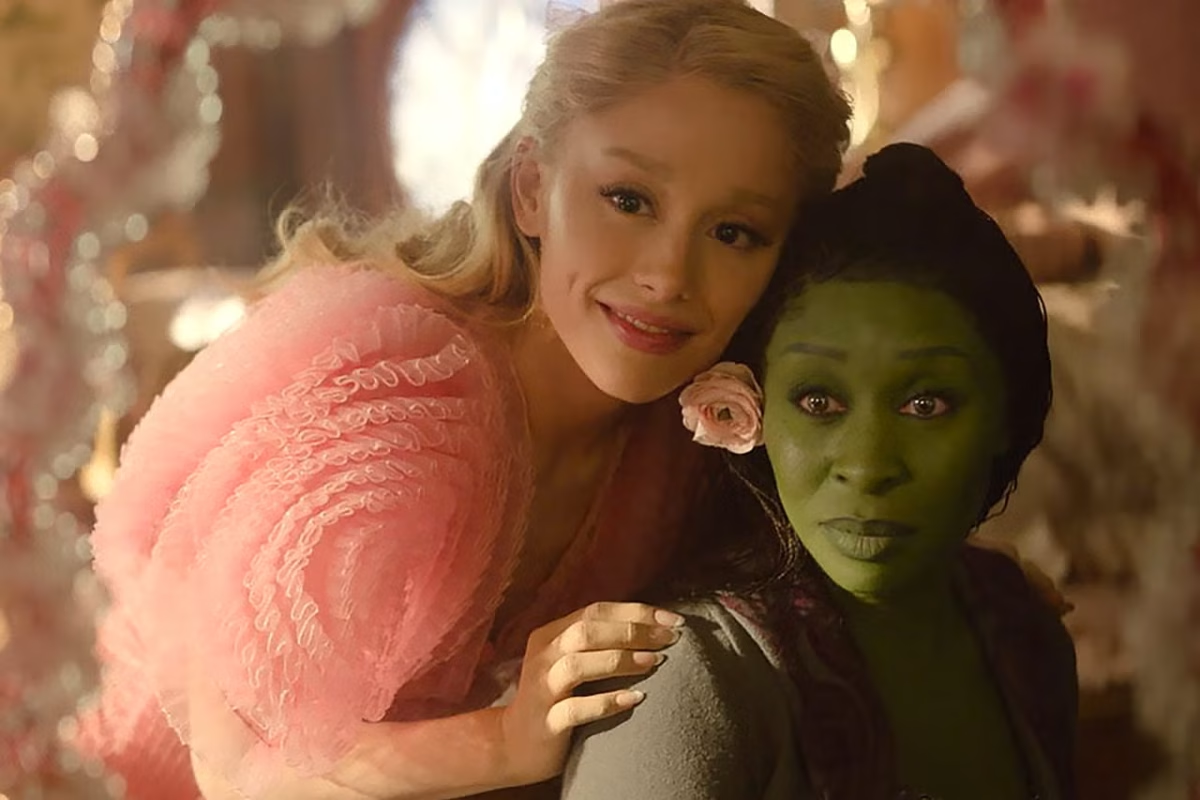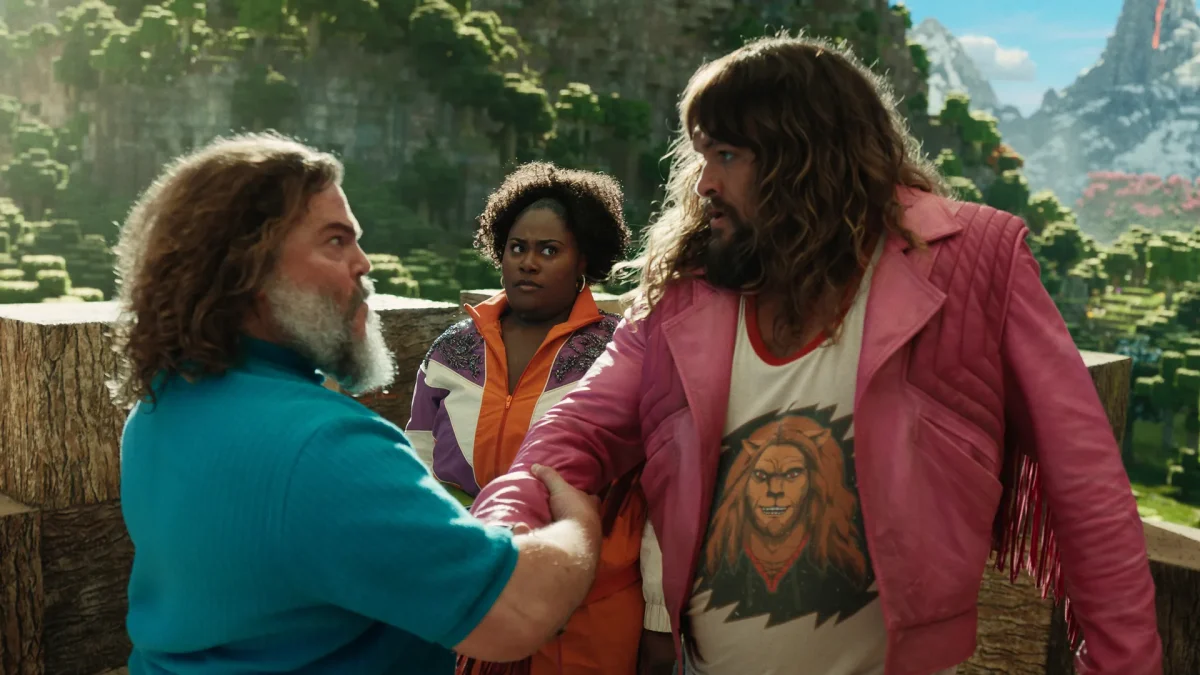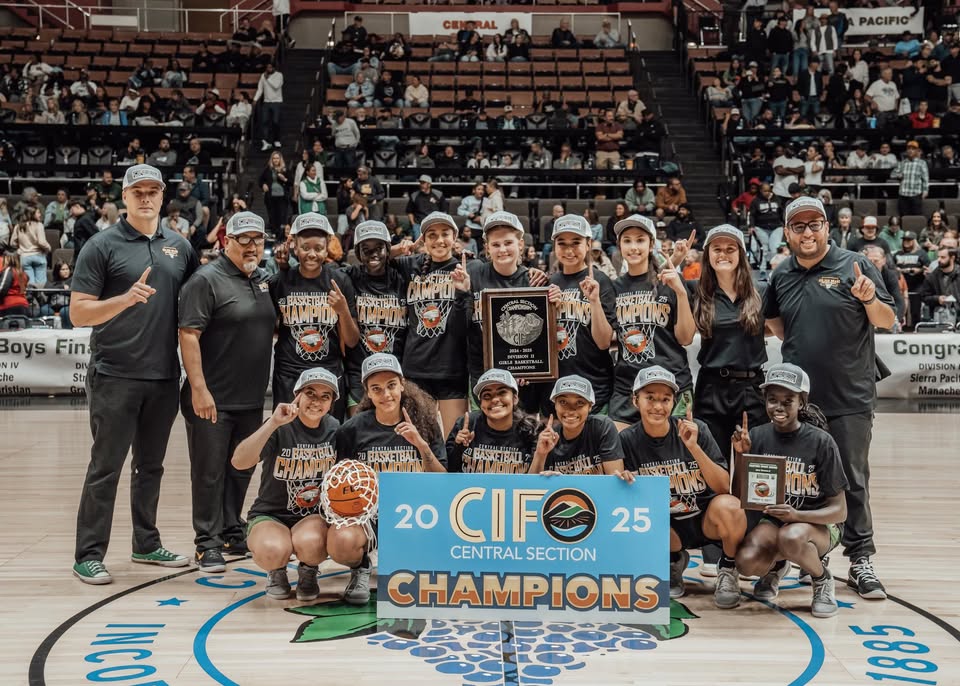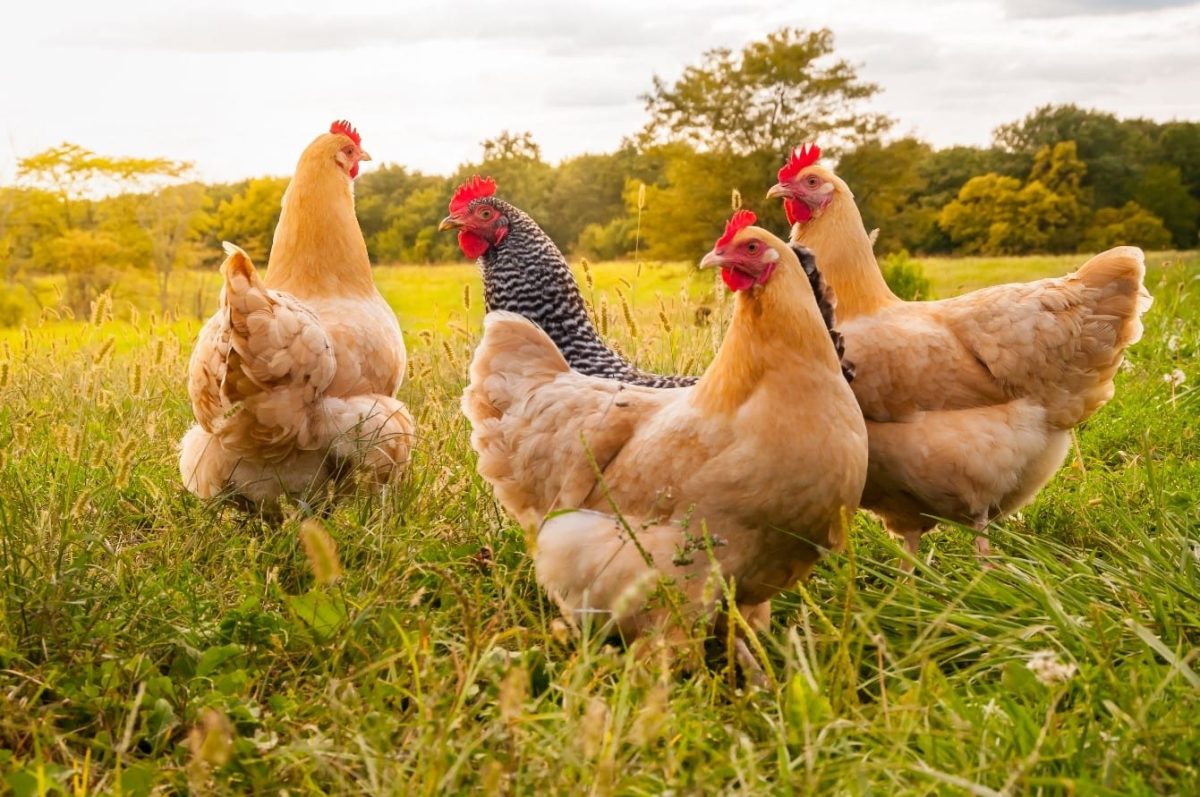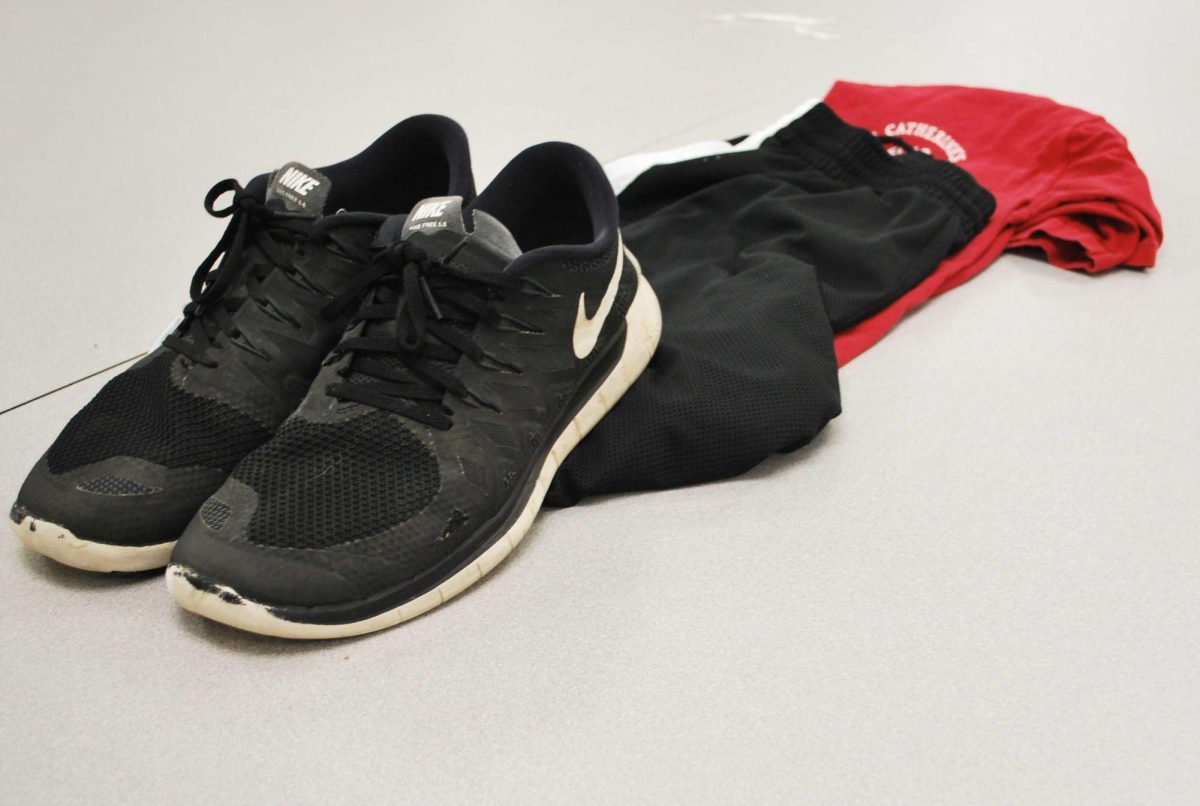“Where the Crawdads Sing” by Delia Owens was one of the most popular best seller novels released in 2018, so it is no surprise that the boxoffice remake released on July, 15, 2022 is one of the most worthwhile watches currently in theaters.
The movie stars many famous actors from other well known films like Daisy Edgar Jones playing the main character Kya Clark, Tyler John Smith as Tate Walker, and Harris Dickenson as Chase Andrews. It was one of the most highly anticipated releases of this year due to its previous success as a novel as well as the movie being produced by the widely renowned actress and producer Reese Witherspoon. Another factor that contributed to its large predetermined audience was the inclusion of famous singer and songwriter Taylor Swift, who was chosen to write and perform the theme song of the movie.
The film depicts the plight of a young girl dubbed Kya, her real name being revealed as Catherine Clark, as she is forced to raise herself in the marshes of North Carolina after her family abandons her at the age of 7 in 1953. She is dubbed the “Marsh Girl” in the town of Barkley Cove, in which she lives closest to, where she is seen as an outcast and struggles with rumors following her wherever she goes due to her lack of socialization growing up. After becoming romantically intertwined with two men from the town, she is cast as the main suspect after one is found dead because she is seen as an easy target to point to as a villain; much more so than any of the other more normal townsfolk. The movie follows her trial as it plays out, but keeps the viewers on edge as it reveals more of the story and how she came to be involved with the man she supposedly killed; keeping the verdict a suspenseful secret until near the end of the movie.
Even if you already know the ending from previously reading the book, the movie still provides the audience with a gripping sense of suspense and surprise up until the very end of the movie. The cinematography of the film deserves all of the praise it gets with how stunning it is, the cinematographer Polly Morgan doing an incredible job capturing the wondrous beauty of the marshes where Kya lives. It is easy to feel a connection to the swampy land, much like Kya had, and to feel upset when the place she called home was almost taken from her by the people wanting to expand the town by tearing down the marsh. The warmth and comfort of her home is also easily felt and made relatable as it is portrayed in the movie and it is easy to feel the same hurt and confusion she does after it is destroyed by another character during an argument between the two. Another topic that is important to mention is the way the movie handled such sensitive themes like abuse and rape. The scenes were realistic and not romanticized in any sense of the word, with its effects on Kya and how she has to work through her trauma afterwards being clear, showing the more realistic and ugly side of both occurrences. The movie is also an accurate adaptation of the book, following through with the same plot and casting actors that fit well with the descriptions of the book characters.
However, there are still a lot of critiques surrounding the film with how the movie played out and how it depicted the book. One of the main issues is with the pacing of the movie, with some scenes dragging on for an awkwardly long amount of time and others not going on for long enough. Some of the characters were very one-dimensional and too predictable on screen, with no noticeable development or growth being present in them by the time the film ended. The final and biggest twist of the screenplay, while still surprising, is quite underwhelming. It doesn’t have the same emotional and heartfelt ending of the book, instead feeling a bit rushed and even clunky at times.
Despite these issues, the movie is a masterpiece in its own light, both as a standalone and as a movie adaptation of the original book. So, it is more than worth your time to purchase a ticket to see the movie and experience the beautifully told story that it has to offer for yourself in theaters.




